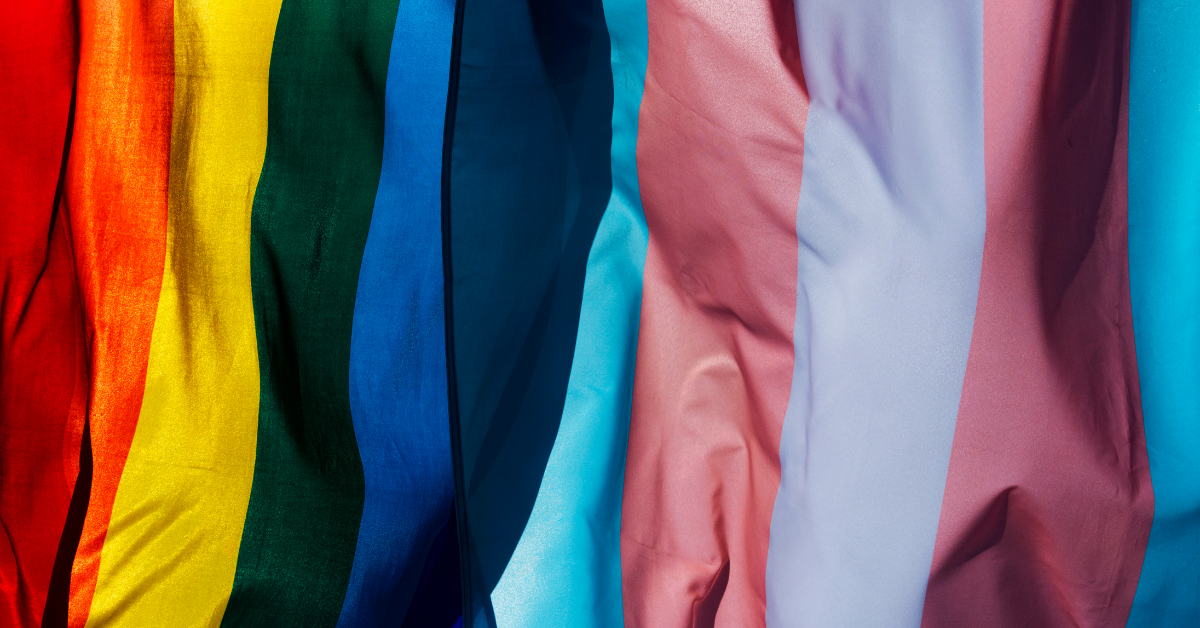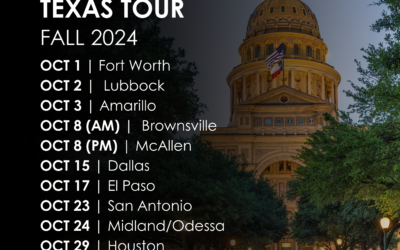
Coming out is a testimony in itself. I told my mother when I was a sophomore in college.
Preparing to come out wasn’t all sunshine and rainbows. I drafted numerous speeches and spent countless tearful nights racked with anxiety. But, to my surprise, the best speech is one that is plain and simple.
“Mom, I’m gay.”
I didn’t realize how effective those words were, nor did I expect my mom’s warm smile. Of course, she already knew, and embraced me with arms open. Because of my mother’s acceptance, I have never felt more seen and loved for who I am.
Not all in the LGBTQ+ community experience the same welcome from family and friends. It’s not a light decision to come out. For too many youth it could lead to disownment, abuse, and even conversion therapy.
LGBTQ+ youth face more harassment, discrimination, and violence than their heterosexual peers. For young people trying to launch into adulthood, being queer makes everything harder. There are so many unknown consequences in coming out—it feels like an ongoing war between ourselves and society; we have to create a facade to be safe, fit in, and be falsely accepted.
Unfortunately, many young people who find the courage to come out face homelessness because of their parents’ nonacceptance. According to Polaris, a staggering 40% of homeless youth identifies as LGBTQ+, and of that 40%, 46% ran away due to family rejections. Because they experience higher rates of homelessness, LGBTQ+ youth are more subjected to violence, encountering sexual violence 7.4 times more than their heterosexual counterparts; moreover, they are 3 to 7 times more likely to engage in sexual acts to receive basic necessities.
Vulnerable and in a state of need, these LGBTQ+ youth are easy targets for pimps to lure in with the promise of shelter, income, or food. An overwhelming number of LGBTQ+ youth in the streets are exposed to violence—they are overrepresented in data, but underrepresented in anti-trafficking policies and social programs.
There are approximately 300,000 victims of human trafficking in Texas, and 79,000 of them are minors. The City of Houston reports that in Harris County, 75% of the homeless population are minority youth, and 25% identify as LGBTQ+. As an effort against human trafficking, Mayor Sylvester Turner proposed his Human Trafficking and Domestic Abuse Plan. This plan details initiatives to empower victims, engage in civic equality, prevent human trafficking, and give economic opportunities to victims. It’s a great start, but the mayor’s plan overlooks the needs of LGBTQ+ youth.
In the proposed plan, there are empowerment programs for women, men, young girls, and adolescent boys. These targeted efforts are essential, but LGBTQ+ youth should not just be lumped into these programs; rather, they deserve their own targeted strategies. To more effectively prevent human trafficking and exploitation, I strongly encourage Mayor Turner to specifically include outreach to the homeless and trafficked LGBTQ+ community. I support the plan and appreciate his efforts in preventing human trafficking. However, I hope to see him include more programs for LGBTQ+ youth in the near future.
To my LGBTQ+ brothers, sisters, and non-binary friends who are facing violence, homelessness, or who are struggling to find the courage to share their authentic selves with their loved ones, I feel for you and I wish things were easier. Just like how my mother saw and accepted me, I see and accept you… Hopefully, the Mayor and city’s Human Trafficking and Domestic Abuse plan will see you, too. Happy Pride, my loves.
Duy Vo is a 2021 Advocacy & Anti-Trafficking Intern at CHILDREN AT RISK, a Texas based nonprofit focused on research and advocacy for children, and a senior at the University of Houston.
MORE LIKE THIS
Advocating in Support of SB 941/HB541
Caroline Roberts, JD, General Counsel & Senior Director of Public Policy with CHILDREN AT RISK, testifies in support of SB 941/ HB 451 during the March 25, 2025 Texas House Licensing & Administrative Procedures Committee Hearing. Texas can...
2025 Anti-Human Trafficking Advocacy Day Recap
Anti-Human Trafficking Advocacy Day AUSTIN, TX (January 30, 2025) – Human trafficking continues to devastate vulnerable populations in Texas, with children in foster care and the juvenile justice system disproportionately at risk. In 2022, only 332...
Fall 2024 | Early Childhood Education Texas Tour
CHILDREN AT RISK's Early Childhood Texas Tour is coming to a city near you, and you won’t want to miss it. C@R is hitting the road with 12 in-person stops across the state, bringing together child care providers, community leaders, and anyone...

